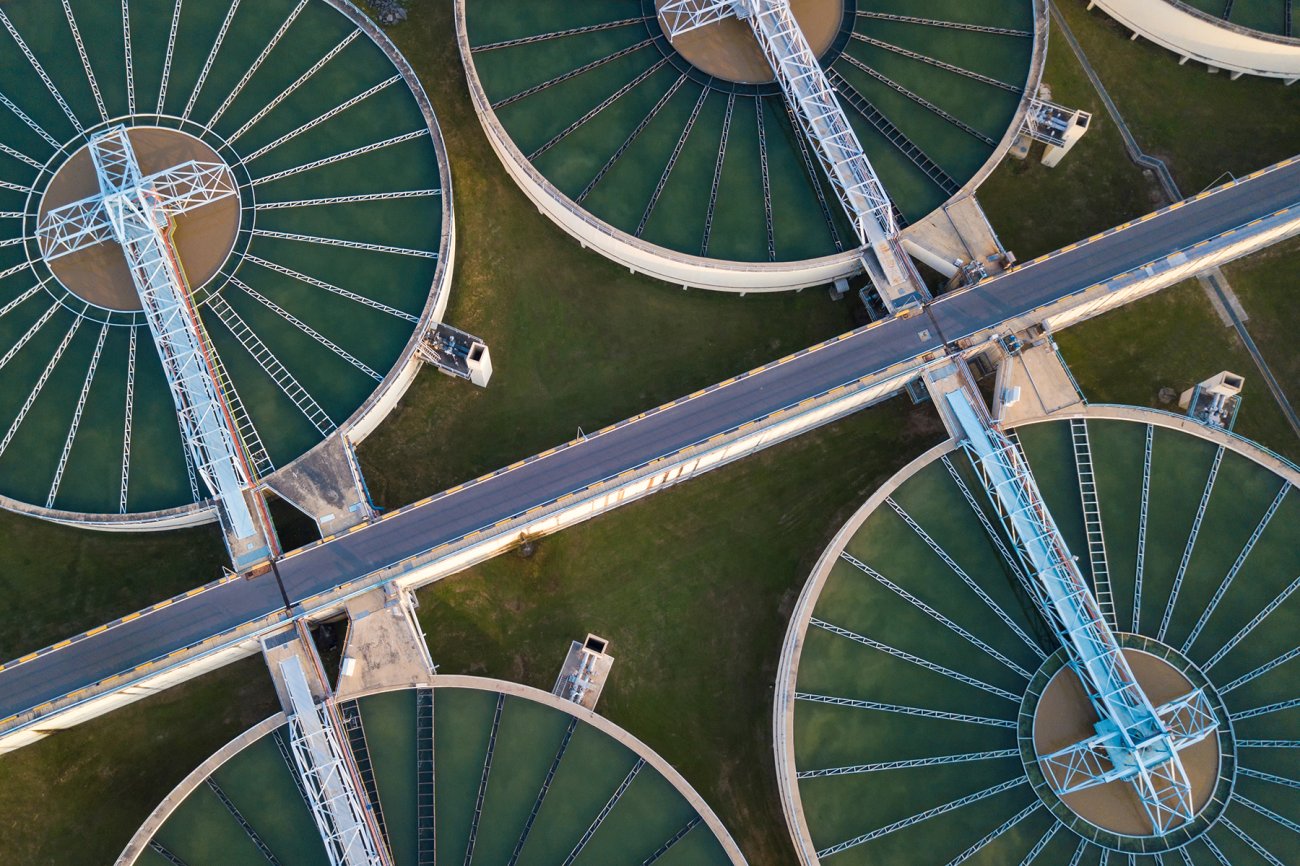More About Reclaim Waste
More About Reclaim Waste
Blog Article
Unknown Facts About Reclaim Waste
Table of ContentsExcitement About Reclaim WasteThe 7-Minute Rule for Reclaim WasteThe 20-Second Trick For Reclaim WasteOur Reclaim Waste StatementsOur Reclaim Waste Statements
Via correct liquid waste monitoring, business can decrease energy-intensive therapy procedures and disposal prices. By following a system for taking care of fluid waste, firms can stay clear of costly fines and fines and stay clear of unfavorable attention.(https://disqus.com/by/reclaimwaste1/about/)Accumulate representative samples from numerous factors within the waste stream to guarantee precision. Conduct regular screening to track any modifications in the composition. Keep comprehensive records of characterization for future reference and conformity objectives. Fluid waste, particularly hazardous ones, poses considerable risks during this step. Proper treatments reduce spills, leaks, and various other mishaps that can hurt the employees and the public.

Disinfection (e.g., chlorination, ultraviolet light, ozonation) and nutrient removal (e.g., denitrification and phosphorus removal) are advised under rigorous laws. Numerous business went against numerous liquid waste disposal policies in recent years.
How Reclaim Waste can Save You Time, Stress, and Money.

are used by sectors that produce huge volumes of low-toxicity liquid waste. Superficial containers have liquid waste that is enabled to evaporate through natural procedures. The residue left can be gotten rid of in land fills. includes shedding fluid waste at high temperature levels and converting it into gas and ash. This kind of disposal undergoes rigorous ecological regulations as a result of possibly harmful discharges.
The findings should be recorded, assessed, and saved not just for entry to regulatory authorities but additionally for making renovations in the future. Usage reliable tools, techniques, and software program services to guarantee exact and consistent information collection. Keep upgraded on pertinent ecological regulations and market criteria. Share information with relevant stakeholders (e.g., employees, regulative government firms, and close-by neighborhoods) to keep transparency and liability.
Comprehending these can assist them properly handle their procedures and decrease their environmental influence. Firms that can not spend in centers ought to consider teaming up with the public market for much better services.
Not known Factual Statements About Reclaim Waste
By applying thorough management systems that consist of therapy and reusing strategies, normal monitoring, danger evaluations, and adherence to local and federal policies, industrial facilities can add to the protection of groundwater supplies, ensuring their availability for future generations (liquid waste removal melbourne). Let's look into the importance of effective liquid waste administration in the industrial field, concentrating on its implications for safeguarding groundwater sources
The contamination of groundwater resources due to incorrect fluid waste monitoring in the commercial field has far-reaching effects for human health, farming, and the atmosphere in its entirety. Some of the prospective impacts triggered by such pollution consist of: Infected Alcohol consumption Water Supplies: As groundwater supplies a considerable part of our drinking water, air pollution from industrial tasks can cause harmful chemicals and bacteria entering our water systems, presenting wellness risks for people.
Decreased Agricultural Efficiency: Farming counts heavily on groundwater for watering; as a result, polluted water can hinder crop returns, contaminate farming products, and impact food security. Given the importance of maintaining groundwater sources, it is essential for services to take a proactive stance in managing their fluid waste responsibly and preventing pollution.
Some Of Reclaim Waste
Liquid waste can pollute land and pollute waters. Information concerning dealing with and keeping liquid waste, reacting to spills and minimizing fluid waste is offered in the following truth sheets and guidance:.
The role of waste administration professionals in securing this precious source can not be overemphasized. Contaminated water and polluted effluent administration: Making certain that harmful liquids are safely eliminated and dealt with before they can harm our water resources.
Hence, integrating lasting fluid waste management right into financial preparation boosts economic security and safeguards the atmosphere, showing the value of this approach. In final thought, embracing expert fluid waste monitoring practices is crucial for making sure a lasting future, shielding our environment and protecting the well-being of future generations.
When it comes to dealing with waste, sticking to appropriate procedures is crucial for a wide variety of factors. Proper waste disposal is not almost tidiness; it's concerning making certain the wellness of our setting, health, and the reliable use sources. Comprehending the importance of reliable waste administration can see post aid all of us contribute to a healthier, cleaner planet.
The 45-Second Trick For Reclaim Waste
Effective waste monitoring assists preserve tidy streets and public rooms, minimizing the visual impact of trash and making certain that waste does not harm wildlife. When waste is not thrown away correctly, it can lead to contamination, where hazardous substances can seep right into the soil, water systems, and the air, creating long-lasting ecological problems.
Report this page